Dacă Robert Spencer de la Jihadwatch și gazdele sale de la organizația pentru drepturile omului Pax Europa, au fost atacați la Stuttgart de către islamiștii aliați cu comuniștii germani, nu de același tratament a beneficiat Pamela Geller la Strasbourg. Aflând lucrul acesta, să nu ne grăbim să tragem concluzia că Strasbourg-ul se numără printre puținele locuri din Europa occidentală în care libertatea de întrunire și de expresie este garantată și în care islamistii și radicalii de stânga neo fasciști sunt ținuti sub control. Pamella Geller nu a fost atacată tocmai pentru ca bandele islamiste și neo fasciste de stânga controlează Strasbourg-ul!
În timpul sumitului NATO găzduit de Strasbourg, islamiștii și fasciștii de stânga au incendiat un hotel și sute de mașini în timpul tulburărilor stradale, așa încât, respectandu-le puterea și forța de reacție, poliția a refuzat să aprobe intrunirea din data de 2 iulie, întrunire organizată de o coaliție de asociații americane și europene pentru apărarea drepturilor omului, în scopul garantării libertății de expresie.
Este incredibil, dar adevărat: autoritățile franceze și europene anulează, nu permit, desfășurarea unei întâlniri publice- întâlnire care avea ca teme principale libertatea de expresie, libertatea religiosă și egalitatea de drepturi pentru toți- pentru că nu sunt în stare să asigure securitatea participanților!! Autoritățile europene se conformează astfel legii islamice, ce reneagă aceste principii! Mesajul transmis: “ Interzis pentru Libertatea de Expresie, Nu-i putem garanta securitatea!“.
Pamela Geller, directoarea Stop Islamization of America, a declarat: “Poliția din Strasbourg nu ne-a putut asigura securitatea. În timp ce fanaticii grupării Antifa, sprijiniți de organizații radicale islamice, și-au anunțat intenția de a organiza o contramanifestație violentă pentru a împiedica astfel întrunirea noastră, autoritățile ne-au anulat autorizația pentru conferință, în loc să ne protejeze contra neo-fasciștilor de stânga și islamiștilor.”
Ca autoritatile franceze- și nu numai – au capitulat în fața violenței, samavolniciei, abuzurilor, a forței oarbe și anarhice, este un lucru știut deja de mulți. Treptat, treptat, însa, din ce în ce mai mulți cetățeni pașnici ai Uniunii Europene își dau seama cu uimire că lumea în care trăiesc s-a schimbat, că autoritățile obligate să vegheze la respectarea legilor, în fața cărora sîntem cu toții egali, nu își mai fac datoria, iar libertatea de exprimare, libertatea religioasă și libertatea de întrunire sînt garantate doar pentru cei „puternici”, adică pentru cei care și le apără sau și le-au impus cu bîta, ranga, piatra și sticla incendiară.





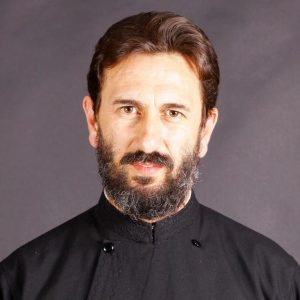


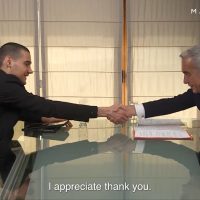

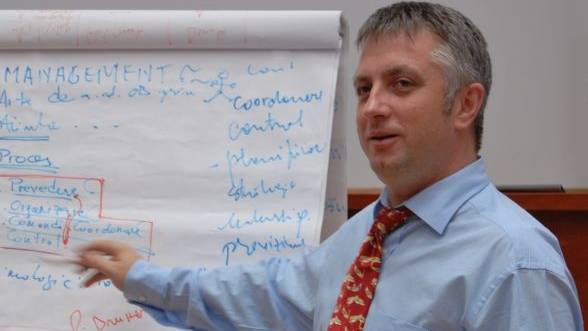
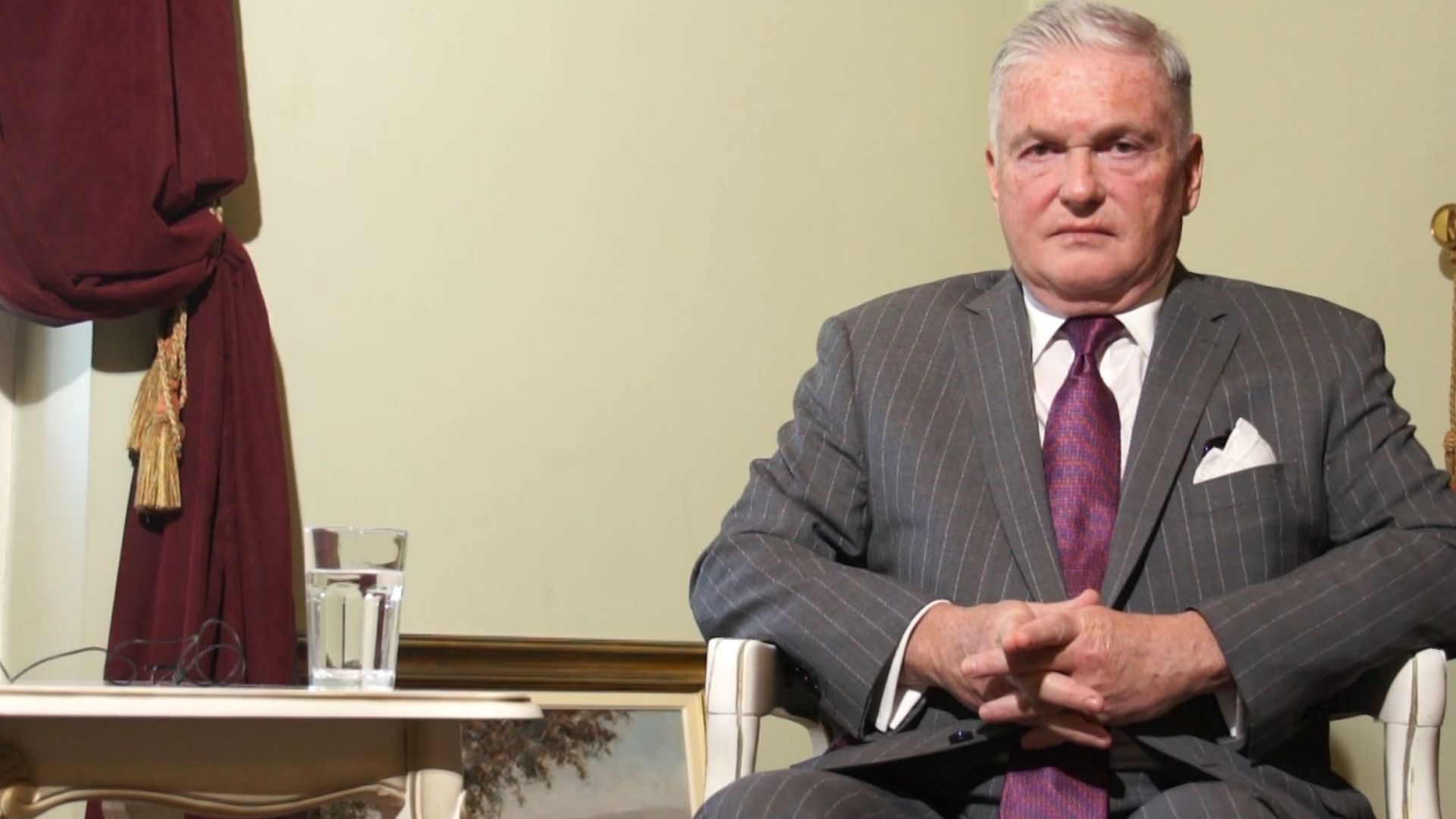



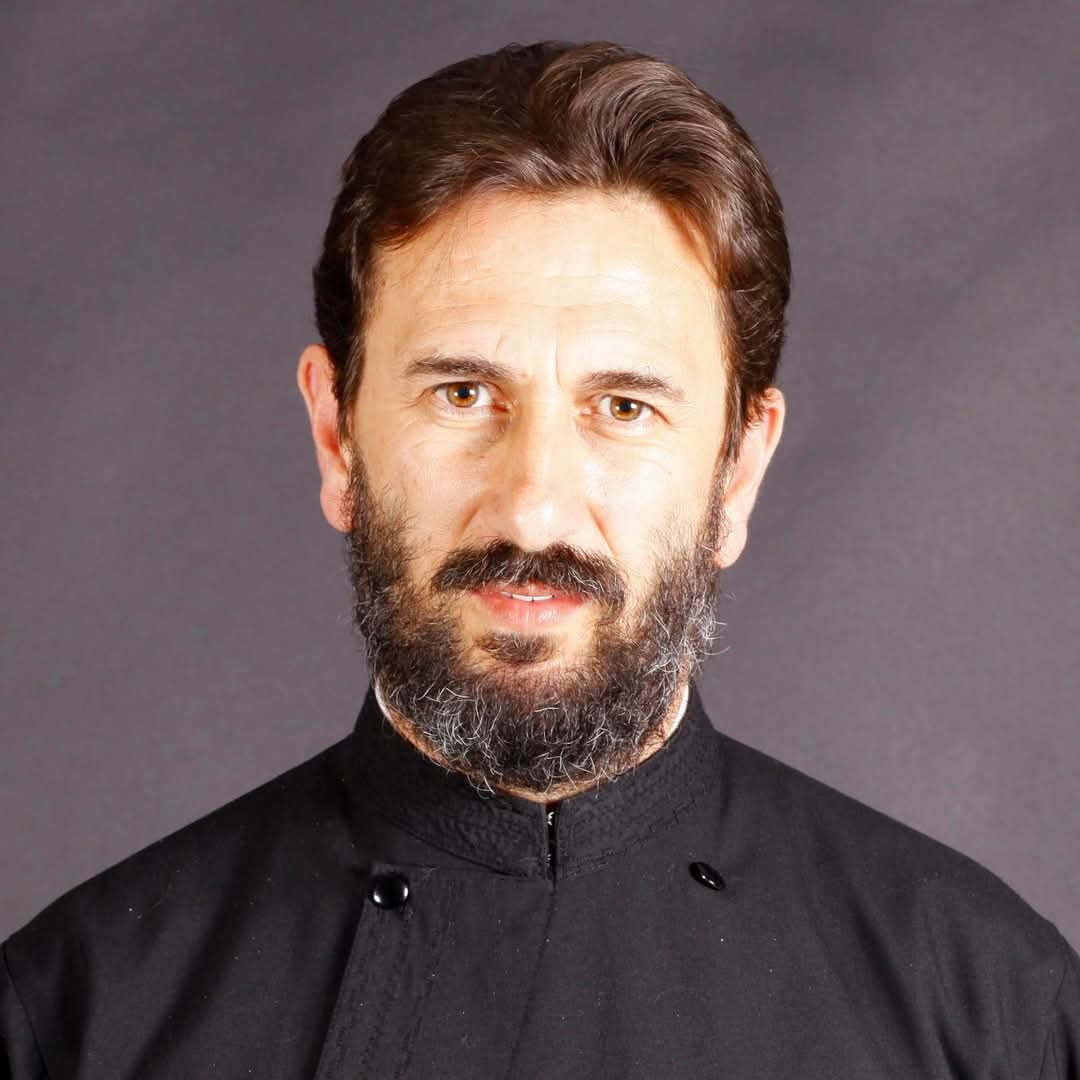



2 Comments
John Galt
30 June 2011Apropo de sindicatul politistilor din Romania.
Inca o poza (din US).
Costin A.
30 June 2011